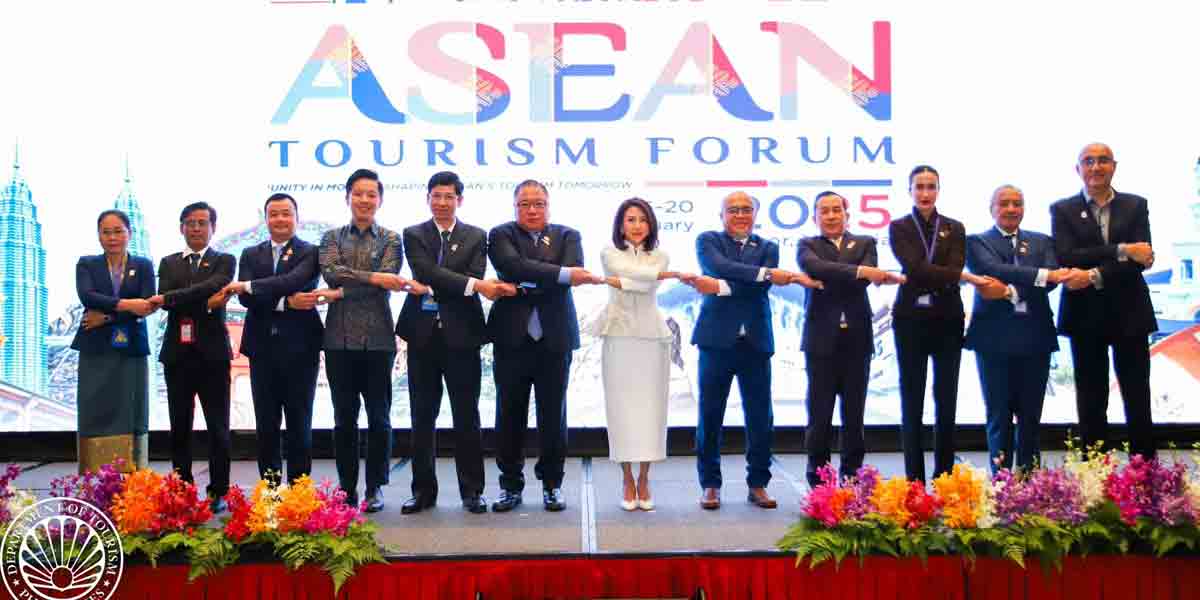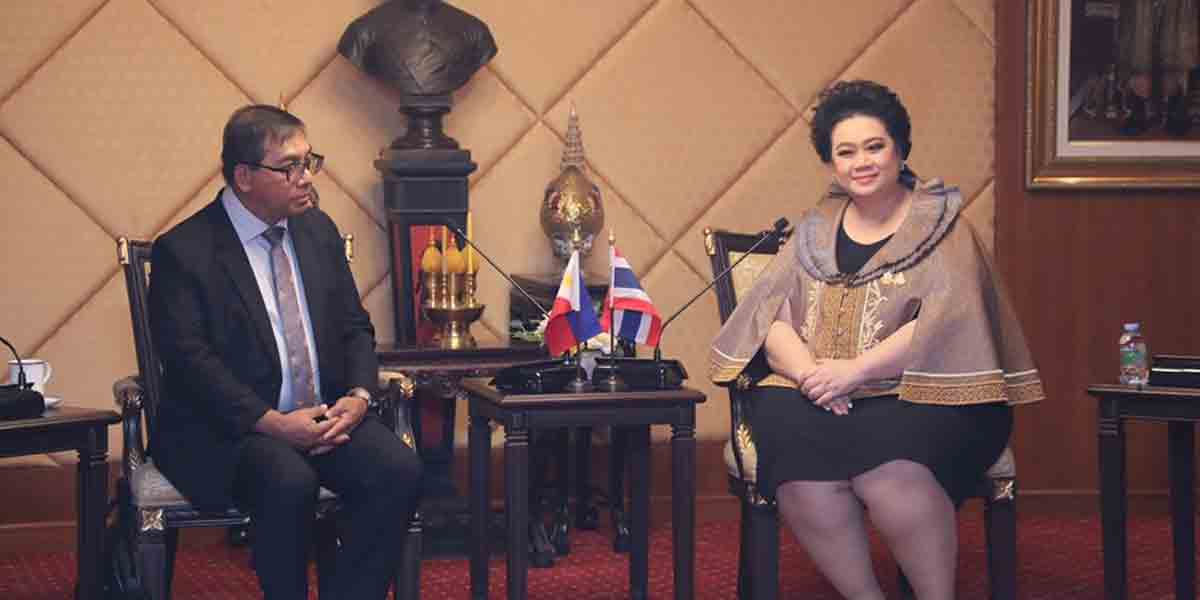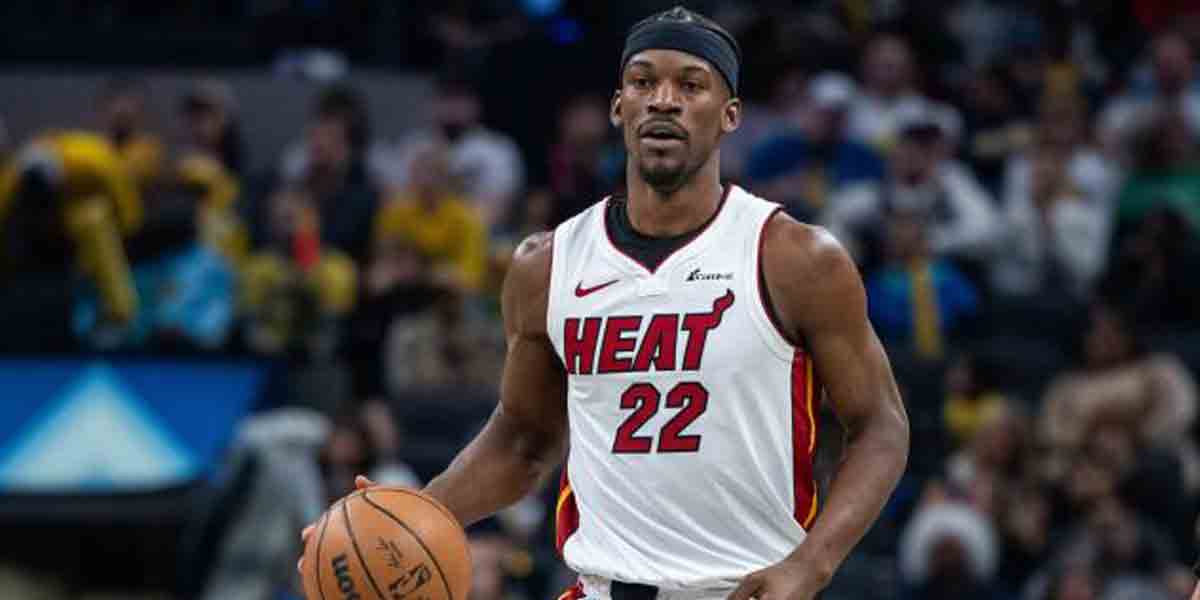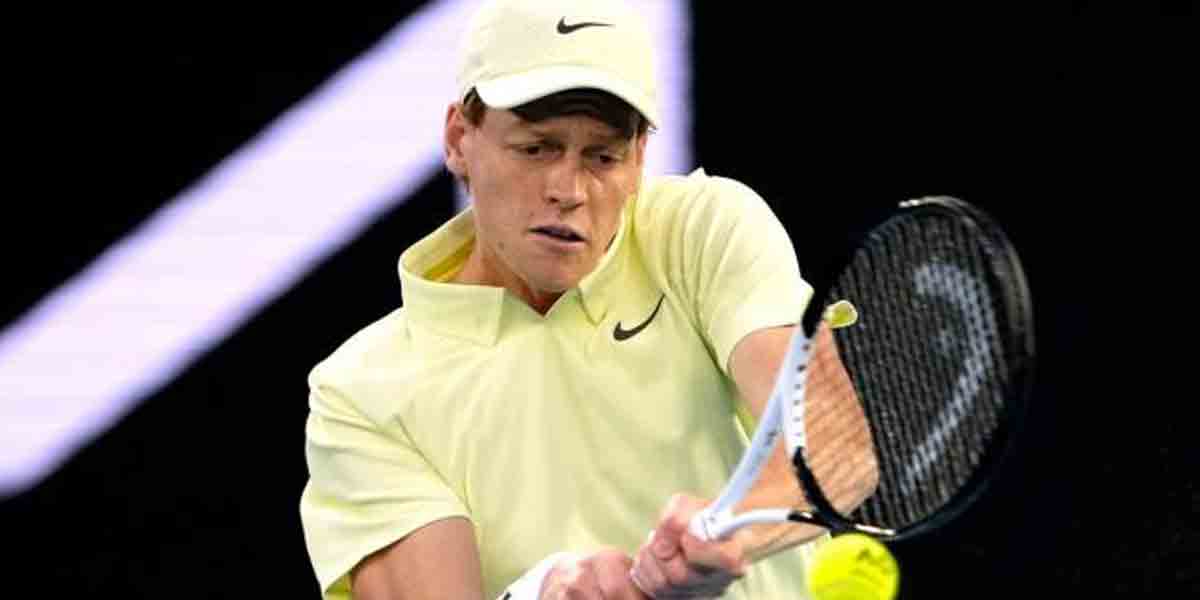
A Memorandum of Understanding (MOU) agreement signed between the World Health Organization (WHO) and the World Federation of the Sporting Goods Industry (WFSGI) aims to help align and reinforce private sector support to increase physical activity and community sport participation to improve global health.
There is much we can learn from the sports industry,” said Dr Ruediger Krech, Director, Department of Health Promotion, WHO. “WHO’s mandate is to advocate and enable good health; we need to draw on all expertise and creativity to help our collective work and strengthen participation in physical activity and grass roots sport for everyone, everywhere.”
This first agreement with an international sport business association, seeks to amplify public health messages on physical activity, create mechanisms to share knowledge and best practices, and reinforce the physical activity workforce to help communities be more active.
The work will have a special focus on enabling youth, girls and women and people living with disabilities have more access to sport and physical activity opportunities.
Building on years of informal collaboration, particularly during the COVID-19 pandemic, the MOU between the WFSGI and WHO is focused scaling the implementation of effective policies set out in the WHO Global Action Plan on Physical Activity (GAPPA) 2018-2030.
Regular physical activity and sport helps prevent heart disease, diabetes, obesity, cancers and other noncommunicable diseases. It also improves well-being – and is particularly effective for managing the symptoms of depression and anxiety.
WHO estimates that public health systems spend around US$ 27 billion every year treating noncommunicable diseases that could have been prevented by increasing physical activity. WHO also estimates that almost 500 million additional people will develop noncommunicable diseases attributable to physical inactivity, between 2020 and 2030.
Recent reports reveal progress on increasing physical activity and implementing GAPPA has been slow and heavily disrupted by the pandemic. The MOU supports a joint ambition to see more people active, reduce health care costs, improve healthier lives for everyone, everywhere.
We welcome this MOU. This is a milestone for our industry, and an example of a win-win partnership, “said Robbert de Kock, WFSGI President & CEO. “The inactivity crisis is real, and it has severe consequences for society. We know that 81% of young people do not benefit from enough physical activity, and as countries develop economically levels of inactivity increase and can be as high as 70%.[i] That’s why signing this MOU with WHO is a critical step to advocate for elevating levels of sport and physical activity globally so that more people can lead active and healthier lives.”
The World Federation of the Sporting Goods Industry (WFSGI) is a global, not-for-profit, business association of manufacturers and retailers of sports products – including clothing, footwear and equipment – whose collective membership represents 70% of the global industry turnover. The Federation fosters and encourages healthy sporting activities among citizens of all countries, and seeks to create a better, healthier world through sport.
A critical aspect of the MOU will be the sharing of private sector research, technical knowledge, and best practices, that may inform WHO’s efforts to support countries and communities to:
build capacity and strengthen the physical activity and sport workforce;
increase access and help address inequalities for people living with disabilities;
maximise the use of digital tools / innovations which can encourage everyone to move more;
provide affordable access to sport equipment, sport for development, and physical education, particularly in youth, children, and women.
“Helping to overcome barriers to enjoying sport, and encouraging greater participation in physical activity and sport, are all areas the Federation has been working on,” said Fiona Bull, Head of WHO’s Physical Activity Unit. “They have a wealth of knowledge that can be used as a global good; they understand consumers and have insights into behaviour change. We expect this MOU to help mobilize the sporting industry to show-case good practice, and provide opportunities for a valuable exchange that will help WHO support countries to increase physical activity levels. “



















